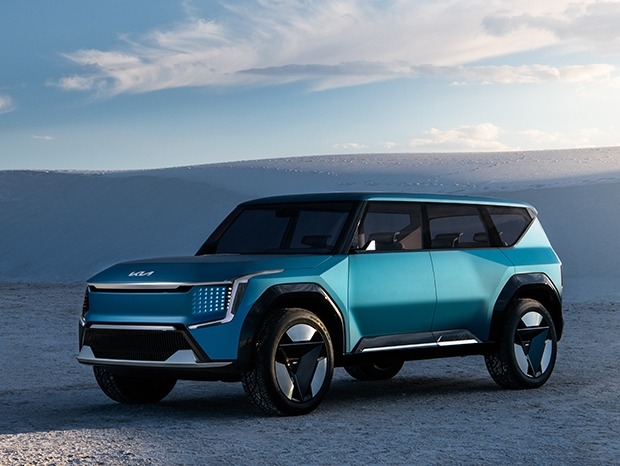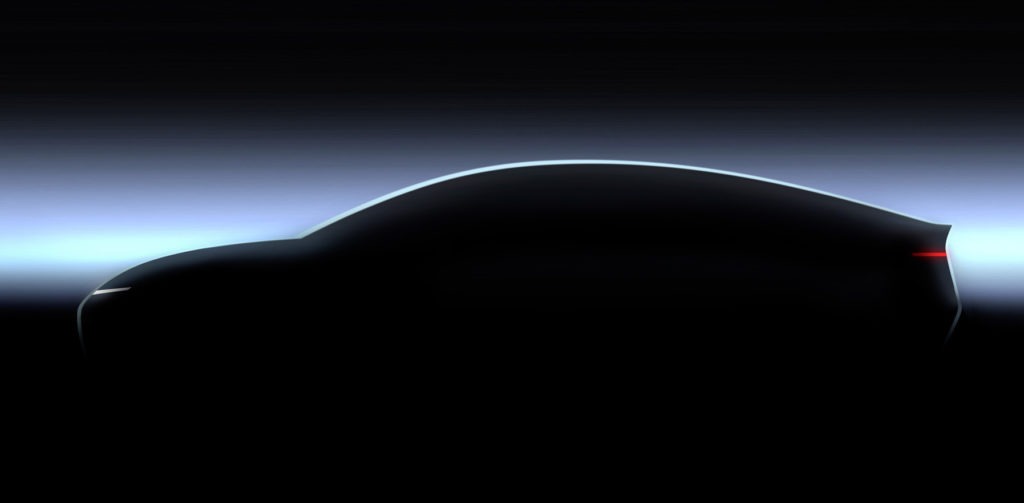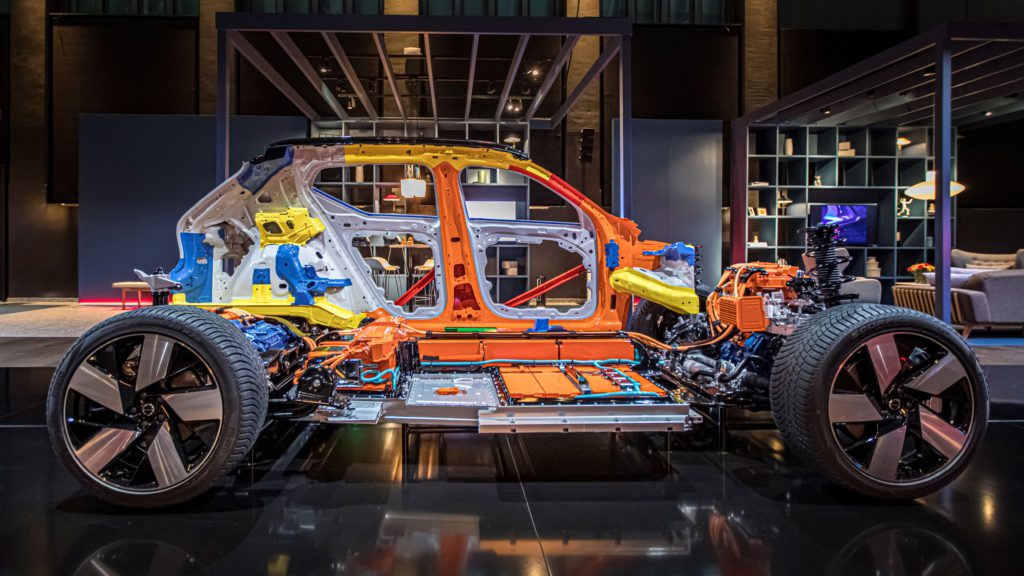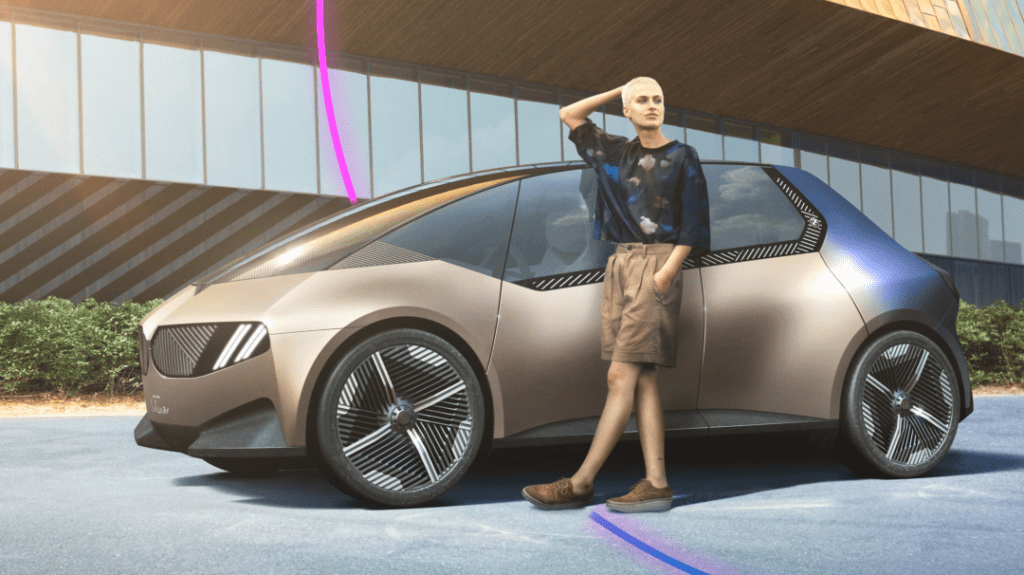Kia to go BEV-only by 2035 in Europe
17 November 2021

Kia is planning to sell only battery-electric vehicles (BEVs) in Europe by 2035, with key global markets to follow by 2040. The company has pledged to achieve carbon-neutrality by 2045 as countries pick up speed to phase out internal-combustion engine (ICE) vehicles.
The carmaker is aiming to cut carbon emissions across its operations, spanning from supply to logistics and production. By 2045, Kia wants to reduce 97% of its carbon emissions compared to 2019 levels.
‘For us, it is not only about setting goals and reaching targets. It is about setting a vision that will inspire others to join the movement to benefit humanity and protect the environment,’ said Hosung Song, Kia CEO. ‘In line with our vision of becoming a sustainable mobility solutions provider, we commit to achieving carbon neutrality by 2045.’
Unlike other carmakers, such as Ford and Volvo, Kia did not sign the non-binding COP26 summit pledge to only sell zero-emissions cars and vans in leading markets by 2035 – a year that will mark the end of selling new fossil fuel-powered vehicles in the EU. While Kia will fully electrify its vehicle line-up in Europe by then, it said other key markets will exclusively consist of electrified models by 2040.
Green steel and recycling
Working with suppliers, the company plans to create a carbon emissions monitoring system for partner companies by 2022. Key to this will be the use of ‘green steel’, which uses as little emissions as possible. As the race is on to reduce emissions drastically in the automotive sector, more manufacturers are looking at carbon-neutral steel, with Mercedes-Benz recently signing a deal with Swedish steel manufacturer SSAB for these purposes.
Kia, part of Hyundai Motor Group, also intends to launch a ‘Blue Carbon’ project, focused on marine ecosystems, such as seaweed, that are known for absorbing carbon efficiently. On top of that, the company will work with NGO The Ocean Cleanup to create a resource circulation system. This will see plastic waste gathered from river clean-up processes utilised in vehicle production. Overall, the carmaker aims to increase its percentage of plastic re-use to 20% by 2030.
Other plastic recycling processes will also be put into place during the vehicle disposal stage, which should improve the re-use percentage of used batteries and plastic. Pilots on second-life battery energy storage systems will kick off in 2022.
The company also said its overseas sites will only use electricity sourced from renewable energy by 2030. By 2040, this will also encompass Kia’s domestic sites. To this end, Kia will largely bet on solar energy to achieve its targets in Korea, the US, China, and India.
Concept car EV9 enters market
Kia has also been working on a concept car, an all-electric SUV, which will debut at the AutoMobility event in Los Angeles this week. The EV9 marks a major milestone for the company as it keeps pushing for electrification.
Describing the design as futuristic, Kia said it will use upcycled materials developed from ocean waste to produce the car. Following the launch of the EV6, the company said the EV9 is bringing together progressive design, state-of-the-art tech, and an advanced all-electric powertrain.
Manufacturers have been keen to show off their concept cars in recent months. BMW presented a fully-recyclable car, the i Vision Circular, at the IAA Mobility in September – despite the launch not expected to happen until 2040. Meanwhile, Volkswagen (VW) is planning to start production of its concept car Trinity, an electrically-powered sedan with an SAE Level 4 autonomous standard, sooner than that in 2026.



